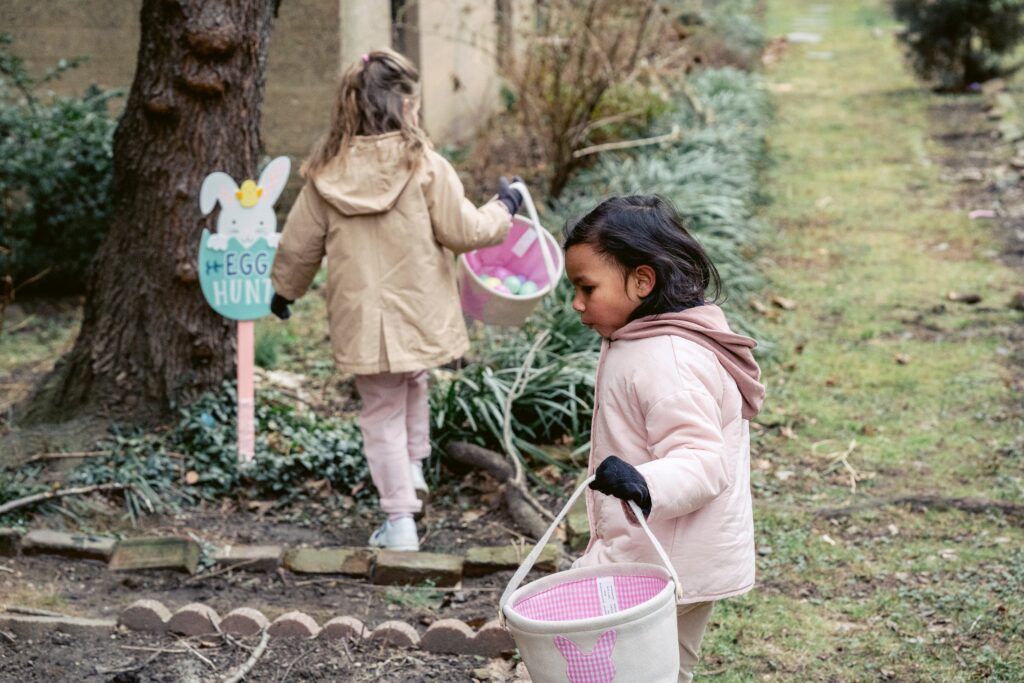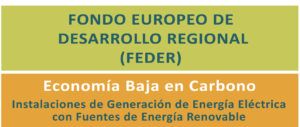What to do with children at Easter: learning on holidays
What to do with children at Easter ? These holidays are the perfect time to rest and get ready for the last few months of the school year, but they can also be a perfect time to choose activities that will help them learn and have fun.
We are going to review some activities for Easter, aimed at both language learning and other subjects.
Learning languages at Easter
During the holiday week it is recommended that they listen and speak in English. A fun way to accomplish this is to have your child watch films and series in English allow them to pick up accents, vocabulary, and complex grammatical structures. Subtitles are also a very effective tool for learning English to aid in reading and listening comprehension.
When a child listens to a foreign language on a regular basis, he or she is actually accelerating the learning process. Unlike adults, a child in kindergarten or primary school can assimilate dozens of words while watching audiovisual content on TV or on the computer. The holiday period can be the perfect time to reinforce their listening and comprehension skills.
Another activity we can do during Easter is a trip to a foreign country, where they can put the language into practice. Immersive activities are especially recommended for students in the first cycles of education; enjoying a family holiday can be the perfect excuse for them to have their first contact with other cultures and practice the language they are learning in the classroom.
Interactive games are also a good alternative during the Easter holidays. There are many digital platforms that allow learning through games, in which the level and creativity of the participants is tested. The use of technology facilitates the assimilation of skills related to listening and the construction of grammatical structures.
Learning science and maths on holiday
Holidays are the perfect time to practice mathematical skills that are not always practiced in class, but are essential. Mental arithmetic games, for example, help to speed up maths skills, and there are applications that encourage mental arithmetic through gamification practices, with rewards based on results.
Construction games adapted to different ages can also encourage spatial perception, and can be used to put into practice the scientific theories learned in class. Making a construction game as a family helps to reinforce values such as collaboration and teamwork.
Some board games include math quizzes – this is a way to motivate young children and reinforce the importance of maths during break periods such as Easter.
Choose other learning activities
Beyond the academic curriculum, holidays are the right time to explore other topics. For example, trips to the countryside are an excellent way to experience new surroundings. Life in the countryside is very different, discovering in a practical way the behavior of the species that live in nature or learning about the importance of the environment allows them to acquire a series of values that will be essential for their education.
Another perfect activity for the holidays is cooking. The little ones enjoy helping in the kitchen, and while they don´t need to becone professional chefs, it is important for them to learn the qualities of basic foods and the recipes we prepare every day.
The key is that they can participate in practical activities that they enjoy. It is very important that infant, primary and secondary school pupils learn the theoretical basics that are included in the educational programmes, but it is also important that they broaden their knowledge through practical activities. The holidays are the perfect time for them to get involved in this type of work, which will also be fundamental for their education.
The importance of keeping the mind active during holidays
The objective during this period is to rest, but at the same time, to maintain a certain amount of activity that allows them to continue learning. Easter is a short holiday period, but it offers us the possibility of acquiring other knowledge beyond the classroom.
At Lady Elizabeth School we know that it is important for our students to receive the most complete education throughout their academic training period. Our educational community works every day in collaboration with parents, so that our students can grow in the best educational environment that focuses on their particular abilities and aspirations.
Through the learning of languages as an educational base, our pupils acquire skills that will be indispensable for their future, both in the workplace and in their personal lives.

